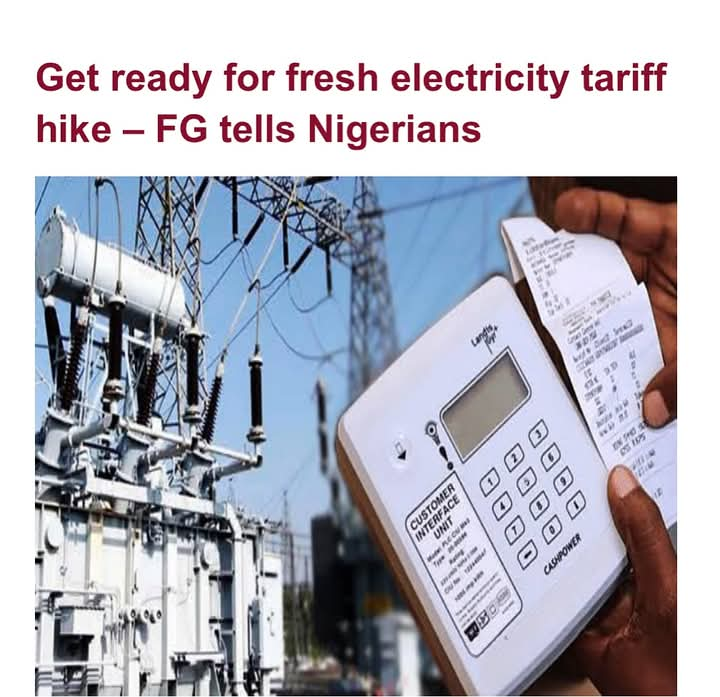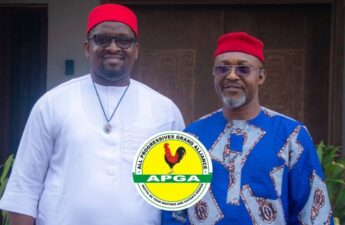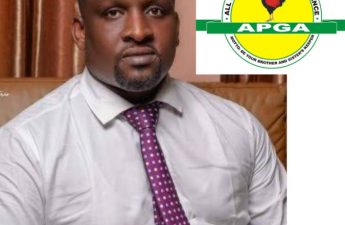The federal government, said that the planned increase needed to be balanced by subsidies for less-affluent electricity users.
Olu Verheijen, the Special Adviser to President Bola Tinubu on Energy, gave this hint at the Africa Heads of State Energy Summit in Dar es Salaam, Tanzania, where Nigeria presented a $32 billion plan to expand electricity connections by 2030.
According to him, Nigeria is trying to resolve the transition to a cost-efficient but cost-reflective tariff to attract private investors.
She said: “One of the key challenges we’re looking to resolve over the next few months is transitioning to a cost-efficient but cost-reflective tariff.
“So the sector generates revenue required to attract private capital, while also protecting the poor and vulnerable.”
This comes one year after the federal government approved a threefold increase in electricity tariff for customers under Band.



